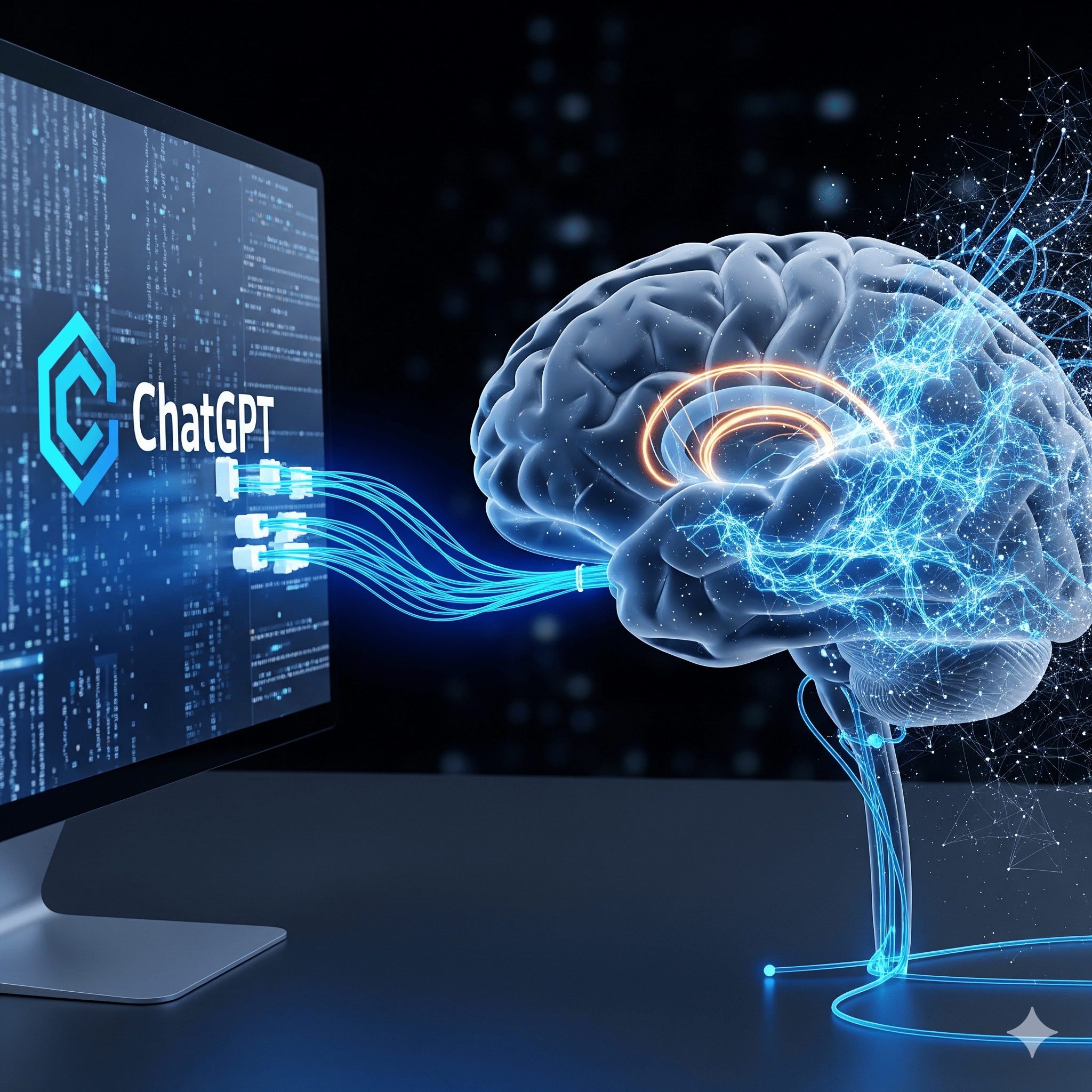Study Warns: ChatGPT May Be Changing How Our Brains Work
Study Warns: Heavy Reliance on ChatGPT Could Weaken the Brain
As ChatGPT use spreads rapidly across the globe, a new study has sounded the alarm over the mental risks of relying too heavily on the AI chatbot.
Thanks to its ever-expanding capabilities, ChatGPT has become a tempting shortcut for millions seeking quick answers and ready-made content. But according to researchers, that convenience may come at a cost.
A recent study conducted by the Massachusetts Institute of Technology (MIT), cited by Time, found that using ChatGPT can undermine critical thinking skills.
Researchers asked participants aged 18 to 39 to write essays under three conditions: with the help of ChatGPT, with Google Search, and entirely unaided. Brain activity was monitored throughout the process.
The results were stark. Essays generated with ChatGPT were strikingly similar, described as “soulless” and lacking originality, with participants leaning heavily on the same expressions and ideas. In contrast, those who relied on their own mental effort showed the highest levels of neural activity, especially in regions tied to creativity, memory, and semantic processing. They also reported feeling more engaged and satisfied with their work.
Even the Google group showed significant brain activity, while the ChatGPT group consistently recorded the lowest levels of active mental participation, according to USA Today. Over time, these participants also became “lazier”, increasingly resorting to copy-paste by the end of the study.
Early Warning
Although the study involved a small sample size and has yet to undergo peer review, lead researcher Natalia Kuzmina from MIT’s Media Lab stressed the urgency of sharing the findings.
“What really pushed me to publish now, before full peer review, is fear,” Kuzmina said. “In six to eight months, a policymaker might suggest rolling out ChatGPT in kindergartens. That would be extremely harmful. Developing brains are the most vulnerable.”
The research suggests that while ChatGPT may boost efficiency, overreliance risks trading long-term cognitive development for short-term convenience.



